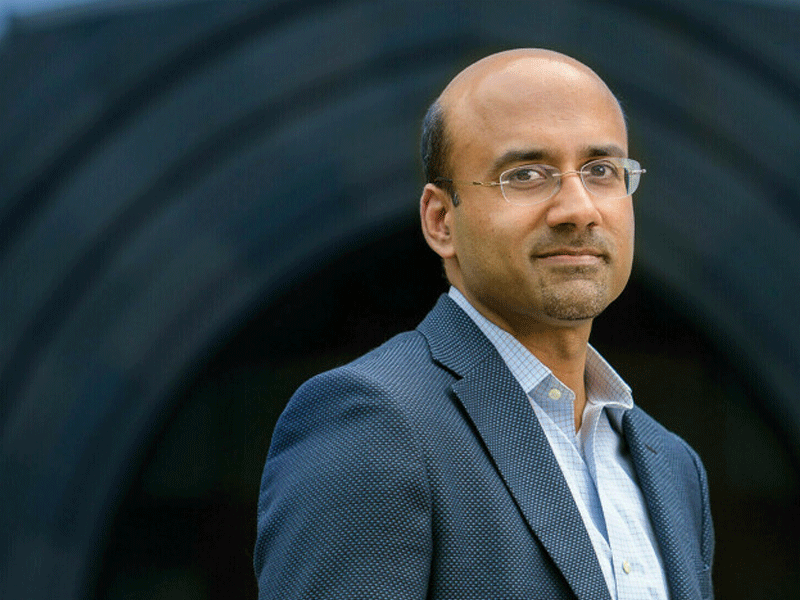‘Nonsensical’: economist Atif Mian slams Pakistan govt’s policies

- 201
- 0
Karachi: Atif Mian noted Pakistani-American economist and currently professor of Economics, Public Policy and Finance at Princeton University slammed government policies as South Asian economy continues to struggle with growing balance of payment crisis.
In series of tweets in which he compared Ghana, Sri Lanka and Pakistan and what it teaches us about dealing with crises, Atif highlighted issues related to government policies.
Economist who also serves as Director of Julis-Rabinowitz Centre for Public Policy and Finance at Princeton School of Public and International Affairs said that both Ghana and Sri Lanka defaulted during last two years, while Pakistan did not. However, “Currency devalued by 1/2 for both Pakistan and Ghana and 1/3rd for Sri Lanka.” “So Pakistan currency has devalued significantly more than Sri Lanka’s (SL),” he said. “More importantly, let’s compare Pakistan’s trajectory with that of SL and Ghana after they default,” said economists while sharing graphical representations of currency trajectory of Sri Lanka and Ghana post-default, which showed that currencies stabilised after entering into restructuring.
“Notice how both Ghana and SL currencies have stabilised post-default as they entered restructuring programs,” said Atif.
On other hand, Pakistani rupee has been on “Downward trajectory over two years and it continues to go down”. “There is no end in sight,” said Atif, while sharing graphical representation of Pakistani rupee trajectory since May 2021. “What’s lesson? To thump your chest and say ‘see we have not defaulted’ means nothing if you continue to ignore underlying crisis,” he said, adding “Only thing worse than indecisiveness in face of crisis is incompetence”.
Meanwhile Atif, while giving an example of petroleum prices said “Pakistan is selling petrol at price that is 20 percent to 25 percent below price it is sold in Ghana, Sri Lanka, India, or Bangladesh.”
“At same time, government is restricting imports of raw materials needed for production and export. In other words, government would rather cut country’s GDP in order to sell cheap petrol!”
Published in The Daily National Courier, May, 25 2023
Like Business on Facebook, follow @DailyNCourier on Twitter to stay informed and join in the conversation.

















































